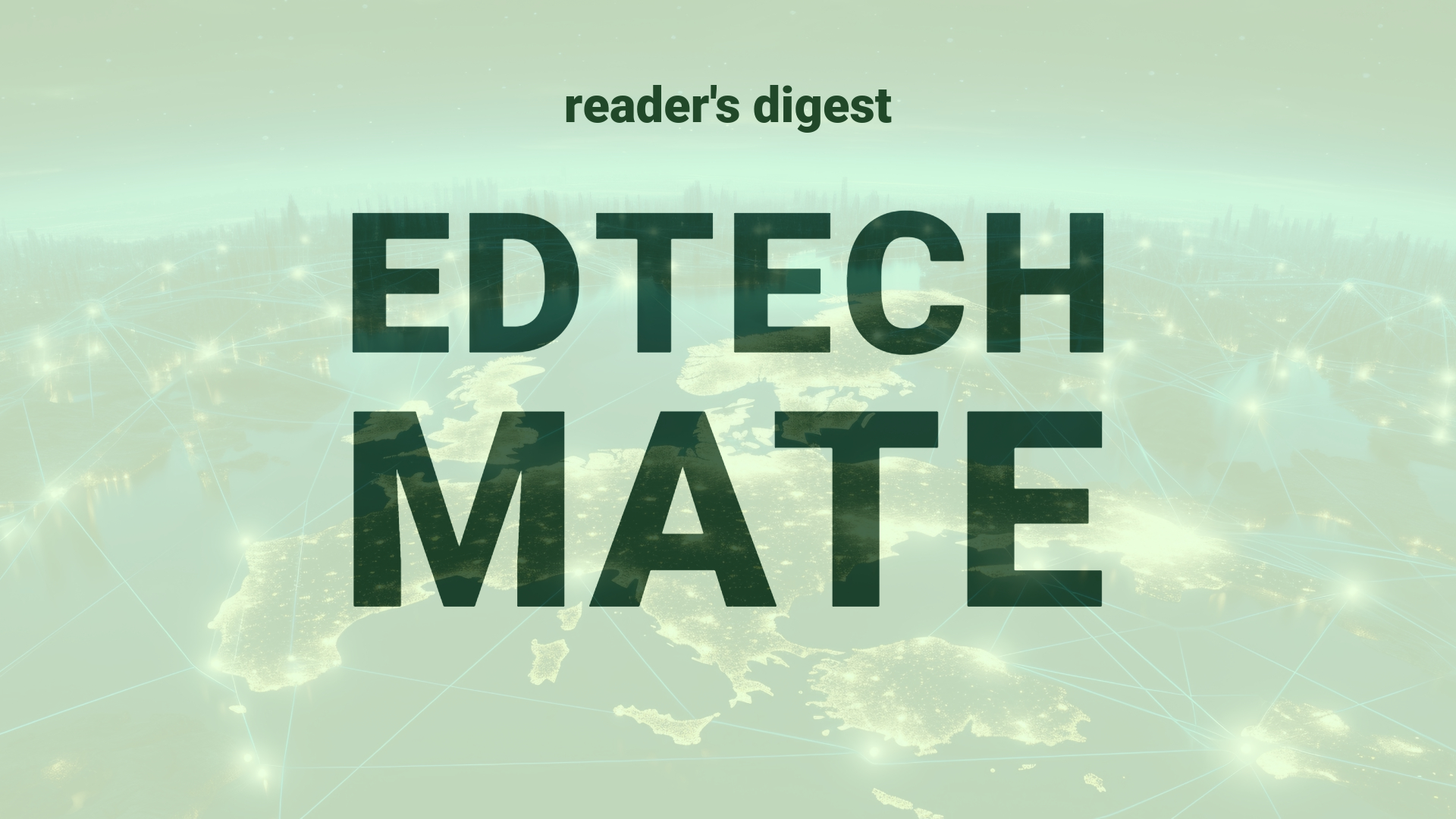Executive Summary and Main Points
European Union’s contemplation of imposing steep tariffs on Chinese electric vehicles (EVs) presents a landmark case with key implications for the global higher education sector, where parallels in international competition, market protection, and innovation may be drawn. A report by the Rhodium Group suggests tariffs between 15% to 55% may be necessary to counteract the competitive advantage held by Chinese EV manufacturers, including market leader BYD. Chinese companies enjoy significant profit margins in the EU compared to their domestic market, making the European market critical for their global expansion. The EU’s ongoing anti-subsidy investigation into this matter reflects both protective measures for domestic industries and the underlying tension in international trade dynamics.
Potential Impact in the Education Sector
The described scenario of tariff imposition in the EV sector can parallel strategic responses required in Further and Higher Education, as well as Micro-credentials, against international competitive pressures. The adoption of digital transformation strategies, including embracing digital credentials and e-learning platforms, can be vital for institutions. Thus, fostering more strategic partnerships and digitalization can bolster domestic educational institutions’ competitiveness against an influx of international programs and online courses. Additionally, universities may consider aligning with tech companies to integrate practical EV technology and sustainability modules into curricula, supporting indigenous industry growth and workforce readiness.
Potential Applicability in the Education Sector
The application of AI and digital tools is key to enabling personalized learning, administrative efficiency, and global outreach in international education. Higher education can adopt AI-driven analytics to tailor course offerings, predict enrollment trends, and optimize resource use. Moreover, EV market strategies could inform the development of a global online education marketplace, wherein digital platforms could provide localized course content with a global perspective, mirroring the need for competitive educational offerings. This could also encourage the formation of consortia between universities to offer joint programs, leveraging each institution’s strengths while offsetting competitive disadvantages.
Criticism and Potential Shortfalls
A critical analysis of applying strategies from the EV sector tariffs to higher education reveals potential downsides. Fierce protectionism could stifle innovation and restrict the cross-pollination of ideas, which is fundamental to academic growth. Comparatively, institutions in some regions may lack the infrastructure to fully harness AI and digital tools. Additionally, international case studies show that overly restrictive measures can lead to trade disputes and may negatively impact collaboration. Ethical considerations, including data privacy in AI application and cultural implications of standardizing educational content, also merit attention.
Actionable Recommendations
To leverage state-of-the-art technologies and protect domestic education markets while promoting healthy competition, it is recommended that institutions:
- Collaborate internationally to share digital infrastructure and resources.
- Develop programs that integrate knowledge pertinent to local industries, such as EV technology.
- Invest in AI systems to provide analytics on global education trends and student performance.
- Advocate for balanced regulations that safeguard domestic interests without hampering international cooperation and student mobility.
- Adhere to ethical guidelines while employing AI, ensuring cultural diversity and data security in digital course offerings and credentialing systems.
It is incumbent on the international education leadership to consider these strategic insights for creating adaptive, globally-minded, yet locally-relevant higher education ecosystems.
Source article: https://www.cnbc.com/2024/04/30/chinese-ev-imports-europe-might-need-to-impose-up-to-55percent-in-tariffs-.html

